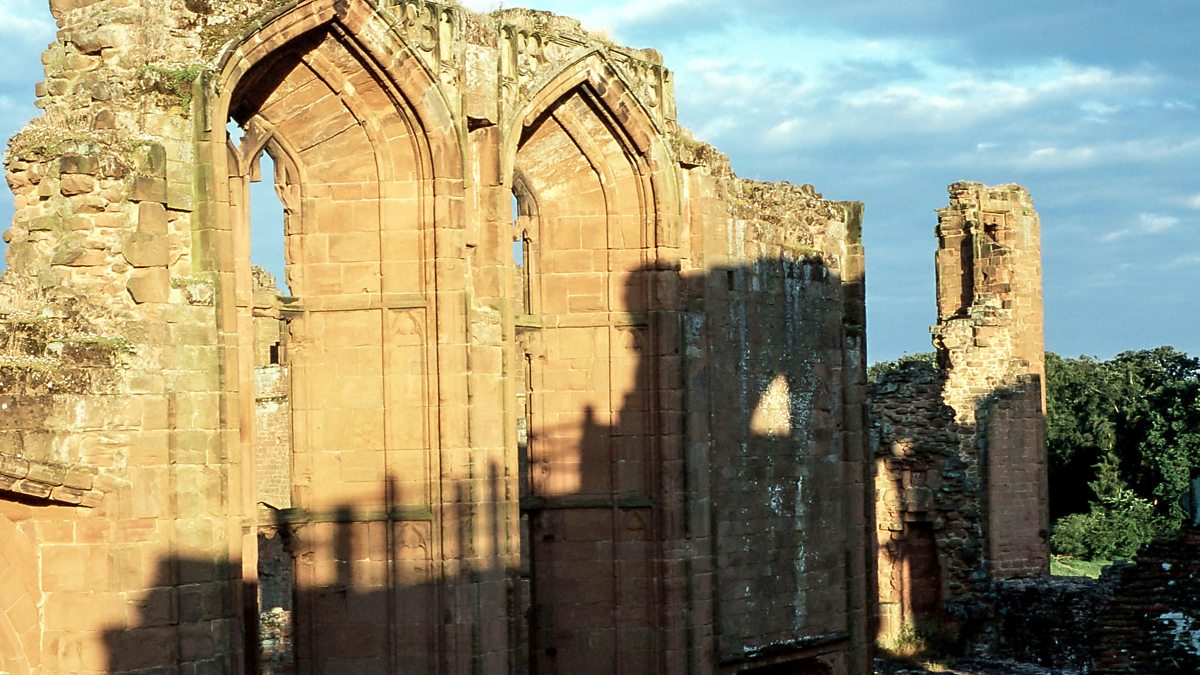Some early early music. Thank goodness.
Lucie Skeaping discovers the remarkable Guillaume de Machaut, as both poet and composer in 1300s France, in conversation with Machaut experts Elizabeth Eva Leach and Uri Smilansky.
With thanks to French Radio, Le Miroir de Musique, the Orlando Consort and Sollazzo Ensemble for making recordings available for this programme.
Why the BBC-speak? I think Machaut was 'discovered' a little before Lucie did! Even before a student consort sang his Mass in the 1960s...a wonderful experience of a work then seldom performed.
Going a bit off topic, and making some sort of apology to Lucie Skeaping, I was watching this programme om iPlayer earlier tonight:
The incidental music was composed by John Harle and included vocal contributions by Emma Kirkby and Lucie Skeaping. It is magical and atmospheric.
Unfortunately it is only heard from time to time during the programme, so don't judge it by the short opening bit.
Lucie Skeaping discovers the remarkable Guillaume de Machaut, as both poet and composer in 1300s France, in conversation with Machaut experts Elizabeth Eva Leach and Uri Smilansky.
With thanks to French Radio, Le Miroir de Musique, the Orlando Consort and Sollazzo Ensemble for making recordings available for this programme.
Why the BBC-speak? I think Machaut was 'discovered' a little before Lucie did! Even before a student consort sang his Mass in the 1960s...a wonderful experience of a work then seldom performed.
Going a bit off topic, and making some sort of apology to Lucie Skeaping, I was watching this programme om iPlayer earlier tonight:
The incidental music was composed by John Harle and included vocal contributions by Emma Kirkby and Lucie Skeaping. It is magical and atmospheric.
Unfortunately it is only heard from time to time during the programme, so don't judge it by the short opening bit.










Comment